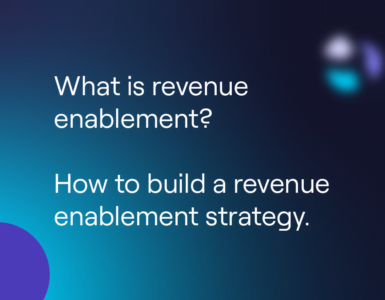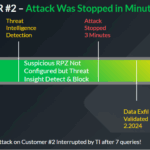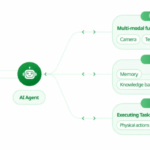The quality of a client isn’t dependent solely on their spending power. In today’s sales world, all clients are equally important, but dealing with a small business may require a sales team to develop a different approach than when they confer with a substantial corporate entity.
Smaller clients shouldn’t have the same strategy as larger clients, but need to have their own, unique path for closing a sale. A smaller client’s concerns will usually be quite different from a larger business. To help you develop the best sales strategy, eight members of Forbes Business Development Council offer their best advice for sales teams on meeting with, talking to and closing sales with smaller clients.

Forbes Business Development Council members share the most effective strategies for approaching small clients for a sale.
PHOTOS COURTESY OF THE INDIVIDUAL MEMBERS.
1. Create A Solid Business Case
With smaller organizations, the risk is elevated. The decision is tied to a specific stakeholder, who risks their reputation and job to select you as the vendor. Be sure to mitigate the risk for the decision maker by creating a solid business case, helping the buyer understand there are no implementation surprises and conducting quarterly success reviews to assure the deployment is done correctly. – Tom Pisello, mediafly.com
2. Become The Trusted Adviser
Understand where the small company is heading, their goals and growth trajectory so you can speak about alignment in values. Give suggestions beyond your own product to gain trust. They’ll have fewer resources and expect your team to be flexible and agile, but if they view your rep as a thought leader or trusted adviser, they are very likely to be loyal customers and grow with you. – Ilana Golan, Homrun Group
3. Remember That Size Doesn’t Matter
The success of our engagement model revolves around its ability to agilely scale to various client company sizes and complexities. We feel no company is too large or small to benefit from our revenue insights and emphasize the fact that we can tailor our research support model to surgically fit a smaller company’s needs within their budget and scope of desired support. – Shailendra Singh, MarketsandMarkets
4. Don’t Assume Your Buyer Knows How To Buy
Whether you sell a product or a service, your sales approach will need to flex to accommodate the experience your buyer may or may not have with making an important purchase. Since we sell every day, we assume our buyers buy regularly, which isn’t necessarily true. You may need to account for extra time throughout the sales process as your future customer navigates this new journey with you. – Jen Spencer, SmartBug Media
5. Don’t Use The Larger Customer Playbook
First, don’t make them ever feel less important to you because they are small. They will quickly smell that out and that will kill any deal. Small clients may not relate to, or care about, your other big clients, so showcasing them—or their outcomes—may actually go against you! -Vijay Sundaram, Zoho Corporation
6. Identify What They Are Trying To Solve
With many small companies, decision makers are wearing multiple hats. Listening and helping them identify the problem they are actually trying to solve for, before offering your solution, builds trust. This also develops a long-term relationship as you continue to be a trusted adviser because you listen rather than try to “sell.” – Janet Waring, Model B
7. Keep The Solution Simple And Tangible
As a managed security service provider (MSSP), we deal with this issue every day. For small and medium-size businesses, stick to tangible pre-packaged offerings with minimal configuration options. Don’t customize! Delivering with excellence and with the economy is very important for this market segment. Customization detracts from both and lengthens the sales cycle to everyone’s economic detriment. – Manoj Tandon, Dark Rhino Security
8. Consider The Value of Time
When selling to small clients, it is imperative not to lose sight of the opportunity cost associated with your time and your team’s time. While every relationship is important—even your smallest customers can be helpful in very big ways—spending too much time on a small deal can be counterproductive if that time could have otherwise been spent closing larger deals. – Adam Mendler, The Veloz Group
[“source=forbes”]





















































